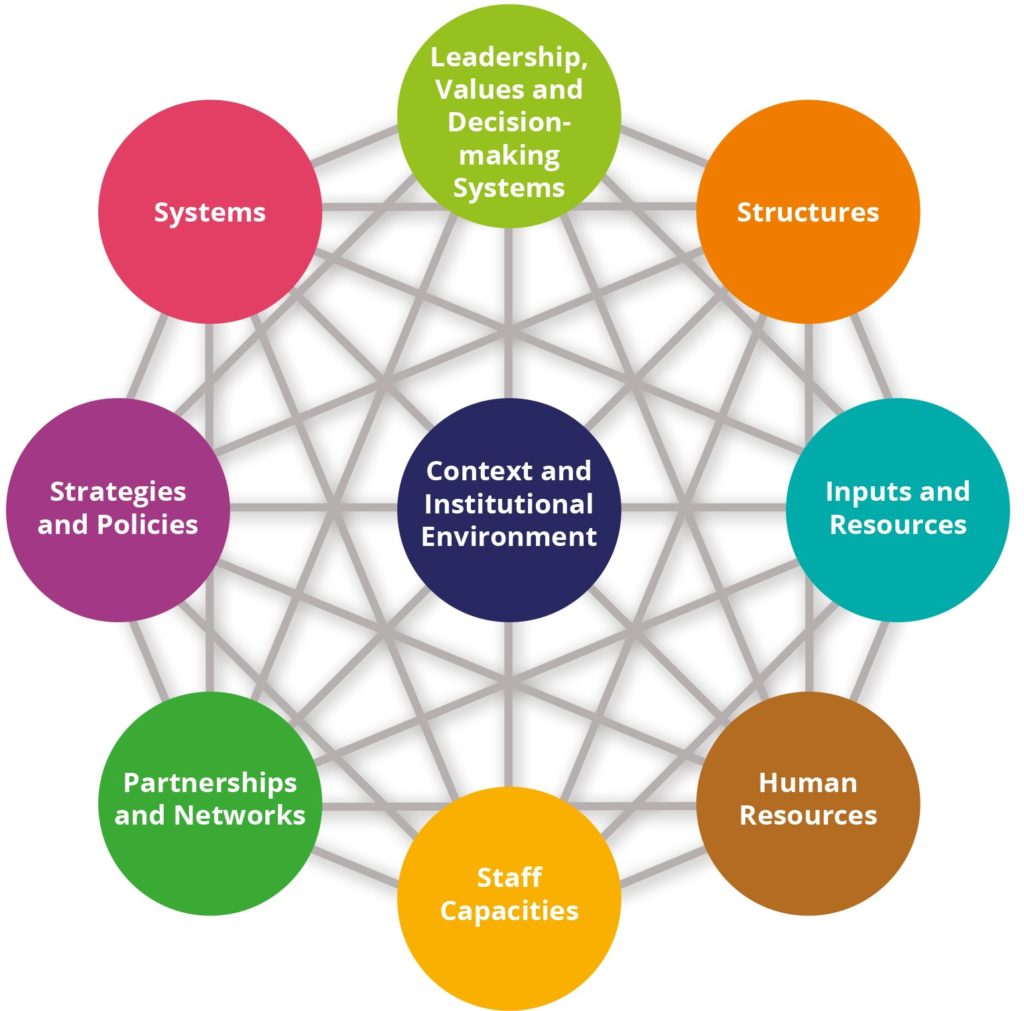Evaluation of the African Union Support Programme
Evaluation of the African Union Support Programme
The African Union Support Programme was launched in 2018 and aims to support the African Union Commission to deliver on shared UK-Africa priorities.
Since its inception in 2001, the African Union Commission (AUC) has helped to prevent escalation of conflict on the continent, unlock regional, sustainable economic growth and promote effective migration policies across Member States. Its ability to influence these sectors in a sustainable way is, however, hindered by capacity constraints.
The FCDO is supporting the AUC through the African Union Support Programme (AUSP), a £5 million intervention running from 2018 to 2021.The AUSP provides targeted capacity development, helping the AUC to deliver on goals outlined in Agenda 2063 and the Kagame reforms. It focuses on four policy areas:
- Strengthening conflict prevention and early warning systems in a human rights compliant manner, and building links between AUC Peace and Security architecture and regional actors (Implemented by the World Bank, the UN Office of the High Commissioner for Human Rights, UNITAR and UN Department of Peacekeeping Operations).
- Enhancing electoral assistance and observation through support to the Democracy and Electoral Assistance Unit within the Department for Political Affairs (Implemented by the Electoral Institute for Sustainable Democracy in Africa).
- Promoting mutual prosperity and economic growth through collaborating with the Department for Trade and Industry and the Africa Trade Policy Centre at the UN Economic Commission for Africa (Implemented by the Overseas Development Institute).
- Strengthening coherent migration research and policies across Member States through the Migration Policy Framework for Africa – MPFA (implemented by Torchlight).
Evaluation objectives and approach
Ecorys has been commissioned to conduct an independent evaluation of the AUSP, assessing the programme’s performance against objectives and the development of the AUC’s capacity.
The evaluation employs a theory-based approach to assess if change occurs as anticipated. We analyse all evidence against a bespoke Organisational Capacity Assessment Framework which enables us to probe whether the capacity barriers targeted by the AUSP are most relevant and assess the extent to which change is taking place. To measure the contribution of FCDO’s investment, we draw on the World Bank’s Intermediate Capacity Outcomes, which enable us to understand whether the AUSP has increased the AUC’s capacity in terms of awareness, knowledge and skills, implementation know-how and networks.

Baseline assessment
A baseline assessment was carried out in December 2019 in Addis Ababa with AUC representatives, partners and external networks. Key findings are outlined in our Policy Brief and summarised below:
• The AUSP is strengthening the AUC’s capacity across multiple dimensions. A Senior Investment Expert has provided expert advice during negotiations for the African Continental Free Trade Agreement (AfCFTA). The programme has also supported the AUC to deploy a roster of observers to elections across the continent and determine whether conditions are credible through Pre-Election Assessment data.
• The AUSP is not a homogenous programme, nor does it impose a rigid model on the AUC. By tailoring its approach to each of the policy areas, it has the flexibility required to respond to emerging capacity needs. Nevertheless, many issues related to the AUC’s structure, leadership and decision-making systems, and the institutional context in which it operates, are outside of the programme’s remit yet can have a critical effect on achievement of outcomes.
• The target impact of the AUSP, as articulated in its Theory of Change, is heavily reliant on mechanisms of change outside of the programme’s direct influence. For the AUSP to have a legacy, future programming could consider leveraging regional actors. For trade, this could include helping to establish and build the legitimacy of the AfCFTA Secretariat in Ghana. For migration this will mean working with Member States to pilot, adapt and implement national migration governance frameworks in line with the MPFA. For elections, this could involve working with Electoral Management Bodies to push for reform in response to AU Election Observation Mission (AUEOM) recommendations.
Midline assessment
In May 2020, we carried out a midline assessment to assess developments since the baseline, including responsiveness to Covid-19:
• Notable achievements include the approval of an M&E framework for the MPFA, a significant undertaking that brought together efforts from multiple AUC Departments. If successfully operationalised, it will start providing important output and outcome data to help drive results-based monitoring, planning and budgeting in migration policy.
• Covid-19 has created opportunities and challenges for the AUSP, which has adapted well and remains relevant. Reduced international travel has resulted in a critical mass of AUC staff being more accessible and facilitated more efficient decision-making. The AUSP’s flexible design has enabled funding and activities to be repurposed. Planned investment policy training will be moved online and FCDO has commissioned research into the implications of Covid-19 on investment. Cancellation of AUEOMs has necessitated a shift in the AUSP’s ambition to support long-term election observation, and the programme is now assisting the Democracy and Electoral Assistance Unit to support countries choosing to navigate elections during the pandemic.
• The pandemic is already reinforcing political interest in the AfCFTA which is now seen as crucial for boosting regional recovery. It is also helping to raise awareness of the links between migration, mobility, lockdowns and transmissions. There are additional concerns that cancelled elections and AUEOMs could lead to tensions and conflict. Covid-19 may also result in reduced investment to the AUC at a time when economies are likely to enter recessions and security challenges are likely to be exacerbated. FCDO’s funding through the AUSP therefore remains more important than ever, and its upcoming work on conflict prevention, including how Covid-19 is being integrated into early warning systems, is particularly timely.
• The AUSP’s secondment of experts is both necessary and highly appreciated by the AUC, helping to ensure work is delivered on time, implanting new ideas and reinvigorating Departments. However, it does not address the root challenge of staff shortages that will remain when postings end. Considering the recruitment freeze introduced by the AU Reform Process, it is important to ensure that robust exit strategies are in place to absorb skills into existing systems and capacitate AUC staff to assume the responsibilities of secondees.
The endline evaluation will be carried out from February to April 2021.

12 November 2020
5 minute read
Key Experts
Amy Dwyer
Senior Research Manager
Mat Pritchard
Technical Director



